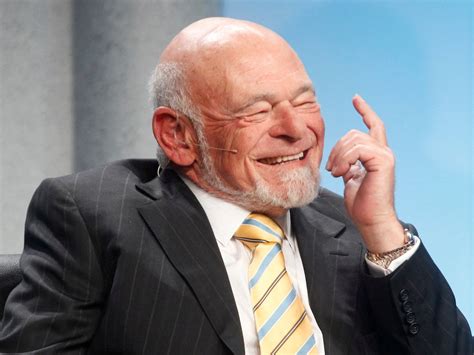A Quote by Alex Gibney
Every film may not be appropriate for a theatrical release, and the theatrical business is not a very good business for anybody except the distributor.
Quote Topics
Related Quotes
When I started, every film got a full theatrical distribution. Today, almost no low budget films, maybe two or three a year, will get a full theatrical distribution. We've been frozen out of that, which means they must be aware that for a full theatrical distribution it either has to be something like Saw or some exploitation film of today or an extremely well made personal film.
In an old model, the way a film would imprint itself on the public's consciousness is to get a theatrical run. But now there are more documentaries and more films in general being released than ever before. There are weeks when the New York Times is reviewing 15 films, so it's harder to leave an impression on the public. A lot of these films are seeing their financial future on digital platforms. Because viewers aren't hearing as much about films in theatrical release, I think the festival circuit is going to have increasing importance for the life of a film.
I think for a film that has real theatrical potential a sales agent is key. For a film that may find it tougher in the American marketplace, such as many of the docs in the world competition that may not be competing for deals - any subtitled film has a harder time in this marketplace - for those films I don't know that a sales agent necessarily helps for the kinds of smaller deals that may or may not be offered.




































